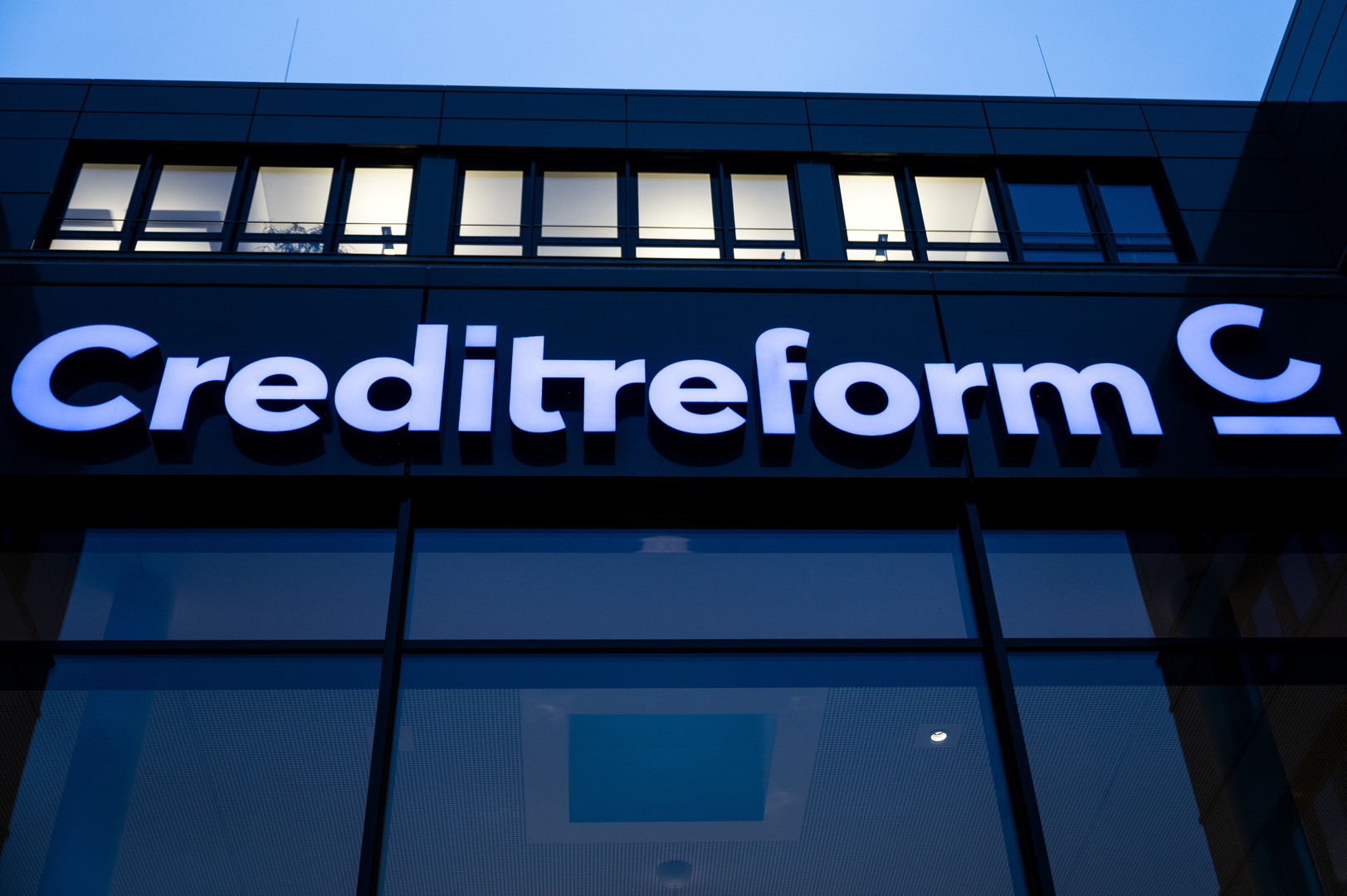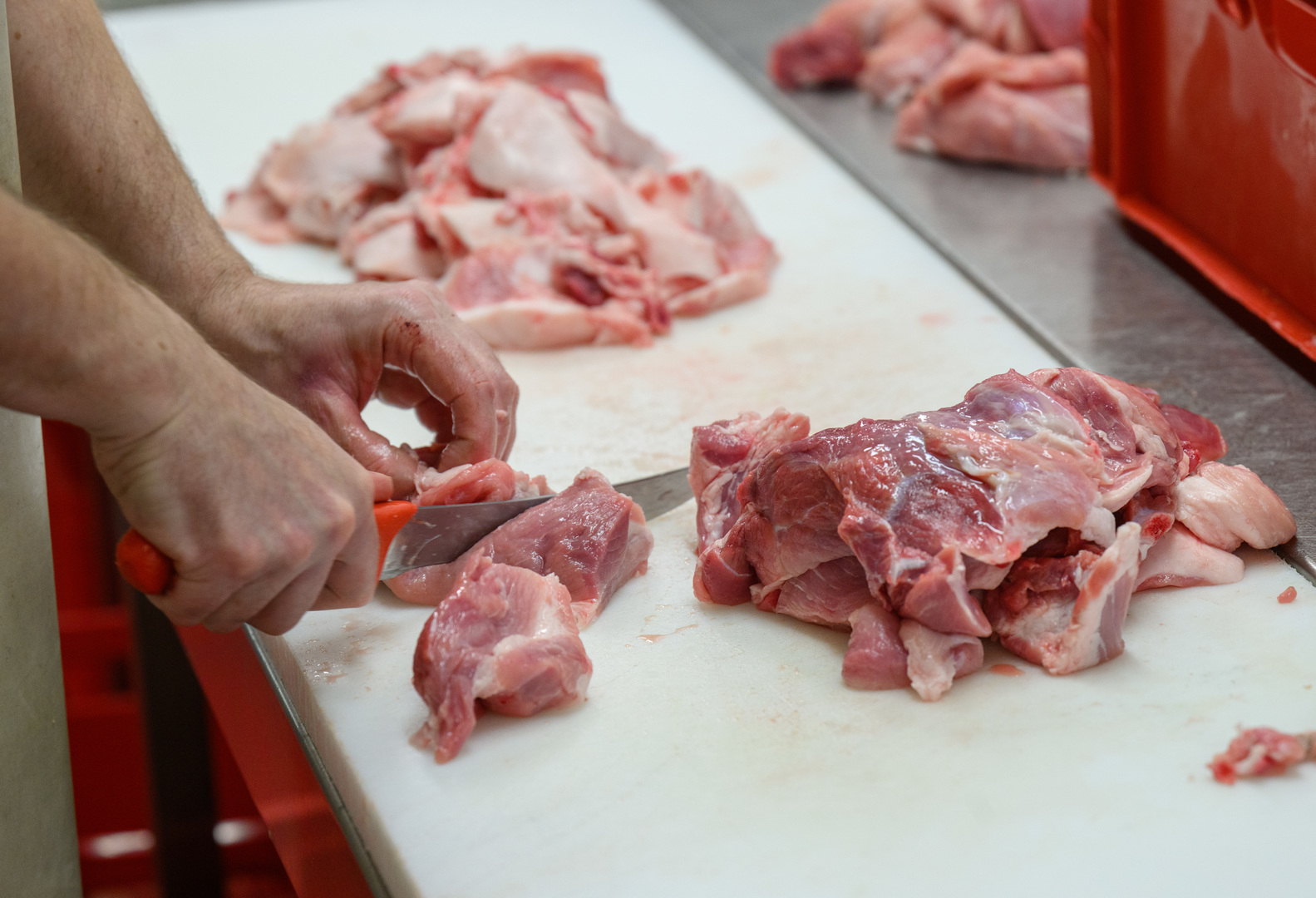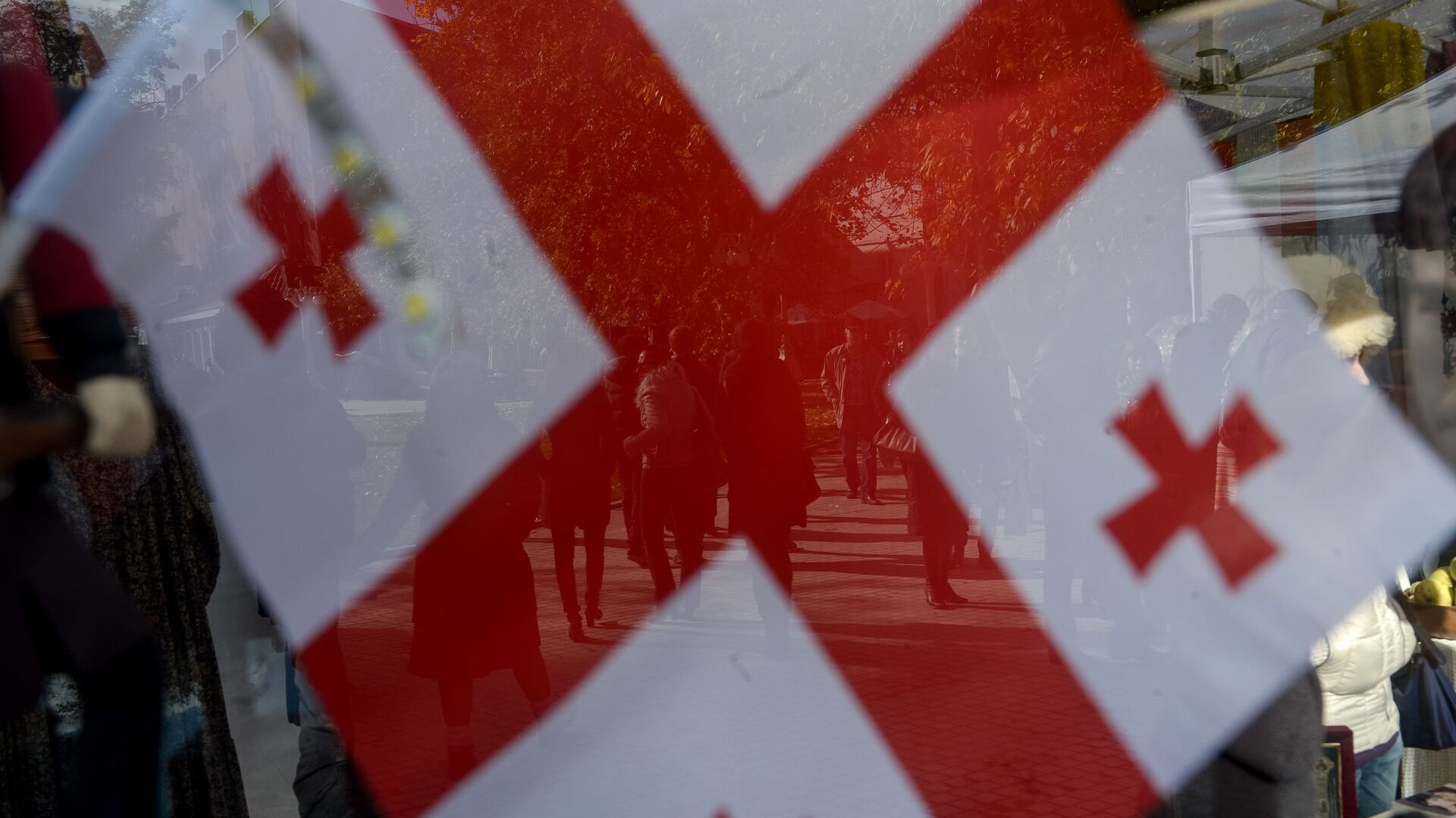The German economy is sliding ever deeper into crisis. Under pressure from dramatically rising energy costs and other unfavorable conditions, thousands of companies have gone bankrupt this year alone. We summarize the most important developments and news in this ticker
US media: Amazon plans to cut thousands of jobs

The world’s largest online retailer Amazon is planning its largest job cuts to date in light of the gloomy economic outlook, according to U.S. media reports. The company plans to start cutting around 10,000 jobs this week, the New York Times wrote on Monday, citing insiders. The financial service Bloomberg later reported in agreement, according to its own sources. According to information from the Wall Street Journal, “thousands” of jobs are at stake. Amazon did not comment initially.
The group last had about 1.5 million employees worldwide. Ahead of the Christmas shopping season, for which Amazon often hires reinforcements, the job cuts would be another signal of the abrupt end of the boom in the tech industry. The string of companies announcing layoffs is getting longer. For example, Facebook and Instagram parent Meta, as well as Twitter, the online network acquired by Tesla CEO Elon Musk, recently saw outright job cuts.
According to reports, the job cuts at Amazon will primarily affect the loss-making device division around Echo smart speakers and the Alexa voice assistance program. The company had already warned investors of a weak final quarter and decided on a hiring freeze in early November in light of increased inflation and recession risks. Amazon is under pressure to cut costs after a pandemic spending spree. The stock has fallen more than 40 percent this year.
Due to the sharp rise in energy prices, demand for stoves in Germany has increased significantly

“Right now, we have 60 to 75 percent more requests for advice this year than in previous years. This is simply because gas, oil and electricity prices have exploded,” said Andreas Walburg, spokesman for the Federal Association of the Chimney Sweeping Trade, to the German Press Agency. However, everyone has to do the math for themselves, he added, because wood prices have also risen.
According to the association, there are about 11.3 million individual room fireplaces for solid fuels throughout Germany, including stoves, fireplace inserts, open fireplaces and heating stoves. Most places would be operated with a closed firebox. Open fireplaces, which were fashionable in the 1970s and 1980s, hardly anyone has anymore, he said.
Those who still want to have a stove installed for this winter will probably run out of time. One has up to a half year delivery time, reported Walburg.
“Deceptive figures”: number of over-indebted people falls to record low, according to Creditreform

Creditreform, the credit information agency, had a surprising announcement to make when it presented its updated debtor atlas on Tuesday: The number of over-indebted people in Germany has fallen to a record low in 2022. In total, Creditreform counted just under 5.9 million over-indebted people in its “Debtor Atlas Germany 2022” published in Neuss on Tuesday, around 274,000 or 4.4 percent fewer than in the previous year. This is the lowest figure since evaluations began in 2004.
The over-indebtedness rate, i.e. the proportion of over-indebted individuals in relation to all adults in Germany, fell from 8.86 to 8.48 percent within a year. Overindebtedness occurs when the debtor is highly unlikely to be able to pay the total of his or her due payment obligations over a longer period of time.
However, in view of the current price explosions for energy and food, the credit agency expects the situation to deteriorate noticeably soon. “Unfortunately, the good figures are deceptive,” said the head of Creditreform’s economic research, Patrik-Ludwig Hantzsch:
“We fear a reversal of the trend in the coming months.”
More on this topic – Deutschland: Inflation steigt im Oktober auf 10,4 Prozent
Automotive supplier? Unsaleable …
According to the latest figures from consulting firm PwC, 61 percent of automotive suppliers in Germany were in critical condition in the second quarter of 2022, 26 percent were in questionable condition, and only 13 percent made it into the “healthy” rating. But so far, there have been relatively few reports of takeovers or company mergers in the media. Attempts by larger suppliers to sell individual divisions are also failing due to a lack of demand.
Recently, for example, the supplier ZF tried in vain to sell its airbag and seatbelt production in order to use the proceeds to reduce its debts. Whereas a few years ago, according to a press report, an insider said, a company division like ZF’s could have been sold “easily from the back seat of a cab to China,” the entire industry is currently skeptical. The growth prospects in the automotive industry are not convincing.
The industry as a whole employs just under 800,000 people in Germany; of these, around 300,000 are in the supplier industry. As recently as 2020, 75.2 percent of the 3.5 million motor vehicles produced in Germany were exported. But production at that time was already far below the volume of 2017, when more than five million vehicles were still built.
In addition to the tendency to relocate production to more favorable locations, the planned ban on internal combustion engines in the EU is also causing uncertainty. As a result, the only investors willing to invest in automotive suppliers are so-called “dowry hunters” who buy up company parts for a minimal price in the best case scenario, then rationalize through and try to drive up the prices of the products vis-à-vis the car manufacturers.
How successful this is likely to be in view of the already high inflation and falling real incomes of potential buyers is questionable. Under these conditions, the supplier companies are unlikely to appear in press reports until they are actually completely insolvent.
Chemical industry cuts production due to high energy prices
The German chemical and pharmaceutical industry continues to cut its production due to the sharp rise in energy prices. In the third quarter, production shrank by 10.3 percent compared to the same period last year, the German Chemical Industry Association (VCI) announced in Frankfurt on Monday. If the production of the pharmaceutical industry is excluded, the decline is even 14.1 percent. For the year as a whole, the association still expects the chemical and pharmaceutical industries to produce 5.5 percent less than in 2021, with a minus of 8.5 percent forecast for the chemical industry alone.
Many companies are already in an extremely dramatic situation with their production in Germany, primarily due to the massive increase in energy costs. Particularly the medium-size enterprises have substantial problems to lock with expiring supply contracts for river or gas connection or new contracts, expressed the federation. With the onset of winter and falling gas storage levels, the situation will become even worse, it added.
The chemical and pharmaceutical industry, with more than 473,000 employees, is particularly affected by the energy crisis. It needs gas as a source of energy and as a raw material for further processing.
39.4 percent: Price increase for agricultural products accelerates further
The rise in producer prices for agricultural products accelerated further in September, according to the Federal Statistical Office. According to the agency on Monday, prices were 39.4 percent higher than a year earlier. The rate had been 34.5 percent in August and 33.4 percent in July. Compared with the previous month of August, prices rose by 2.5 percent.
Die #Erzeugerpreise landwirtschaftlicher Produkte waren im September 2022 um 39,4 % höher als im Vorjahresmonat. Die #Preise für pflanzliche Produkte erhöhten sich mit +26,0 % weniger stark als für tierische Erzeugnisse (+49,1 %). Mehr: https://t.co/EOl2zU9Z67 #Landwirtschaft pic.twitter.com/F9AVssuMlM
— Statistisches Bundesamt (@destatis) November 14, 2022
At 26 percent, prices for plant products rose less sharply than those for animal products within the space of a year. The rise in crop product prices was due in part to cereal prices, which were up 41 percent on the same month a year earlier.
Fruit prices fell by 4.7 percent, while producer prices for vegetables rose by 22.8 percent in the space of a year. For table potatoes, farmers collected as much as 73 percent more than a year earlier.
The cost of energy and feed drove up prices for animal products. They rose by 49.1 percent within a year. Milk prices rose particularly sharply by 57.9 percent. Thus, the consistent price increase for milk has continued since March 2021, the Wiesbaden-based authority explained. Prices for slaughter pigs rose 63.1 percent in September 2022, which the Federal Office attributed to the low supply of pigs ready for slaughter while demand remained unchanged.
Bundesbank: Private households continue to expect high inflation
Inflation expectations among private households in Germany remained high in October, according to a survey by the German Bundesbank. Consumers expect an inflation rate of 8.2 percent for the next twelve months, according to data on the Bundesbank’s website. This matches the previous month’s figure and is a record high since the survey began in 2019, while the average inflation expected over the next five years rose slightly to 6.0 percent.
The European Central Bank (ECB) is targeting inflation of two percent for the euro area in the medium term. In fact, inflation was 10.7 percent in October. This is a record high since the introduction of the euro. The ECB has raised its key interest rates by a total of two percentage points since the summer. The tightening follows a period of hesitation, as the central bank has long judged the surge in inflation to be a temporary affair.
Association: Soon supply gaps for pork
The supply of pork in Germany will soon drop sharply, according to the slaughterhouse industry, because more and more farmers are changing course due to high costs or even throwing in the towel. Hubert Kelliger, chairman of the Meat Industry Association, said Monday:

“We see […] in the amount in which the stables are filled and in which sows are occupied, that there will be less meat coming our way in the next few months and in the spring.”
Feed and energy have become much more expensive, he said. There will be supply gaps – meat will not be as available as it used to be, he said. Prices would also rise significantly once again:
“Whether that will be 20, 30, 40 percent, you can’t quantify today – but they will rise significantly again.”
The association accused the German government of failing to support the industry. Calls for a drastic reduction in animal husbandry are not helpful and miss the mood of the population, as 92 percent of the population continues to buy meat regularly, Kelliger said. The debate about the alleged climate protection benefits of vegetarian food ignores the fact that some of the fruit and vegetables come from other continents – which is “completely contrary to sustainability debates and the CO2 footprint,” he said.
Ifo Institute: Tax and contribution burden in Germany at a record high
Ifo President Clemens Fuest criticizes the rising tax and contribution burden in Germany. According to the institute’s analysis, the latest (preliminary) figures from the Federal Ministry of Finance show that the average share of taxes and social security contributions amounted to 42.2 percent of an average income in 2021, which was higher than ever before. At 42 percent, the last time the tax and contribution burden on citizens approached this value was in 1999.
“The share of taxes and levies in gross domestic product has never been as high in reunified Germany as it is today. Therefore, before raising taxes any further, government spending should be put to the test,” Fuest told the Bild newspaper.
There is currently no end in sight to the rise in contributions. Unemployment insurance contributions, for example, will rise by 0.2 percent to 2.6 percent from January 2023.
Survey: Three quarters of Germans are worried about the future
Almost three quarters of Germans (74 percent) are anxious or very anxious about the future. This is the result of a representative survey by the credit agency Schufa, reported by the Springer newspaper Welt am Sonntag (WamS). Such poor values were not reached even at the height of the Corona crisis.
Particularly large is among the asked ones with 84 per cent the fear of further price increases. But concerns about falling incomes and unemployment are also high (60 and 44 percent, respectively) and are continuing to grow.
According to the survey, almost one in two citizens (47 percent) is skeptical that they will be able to maintain their current standard of living in the coming year. For the survey, Schufa asked a total of 1,000 people between October 7 and 14.






